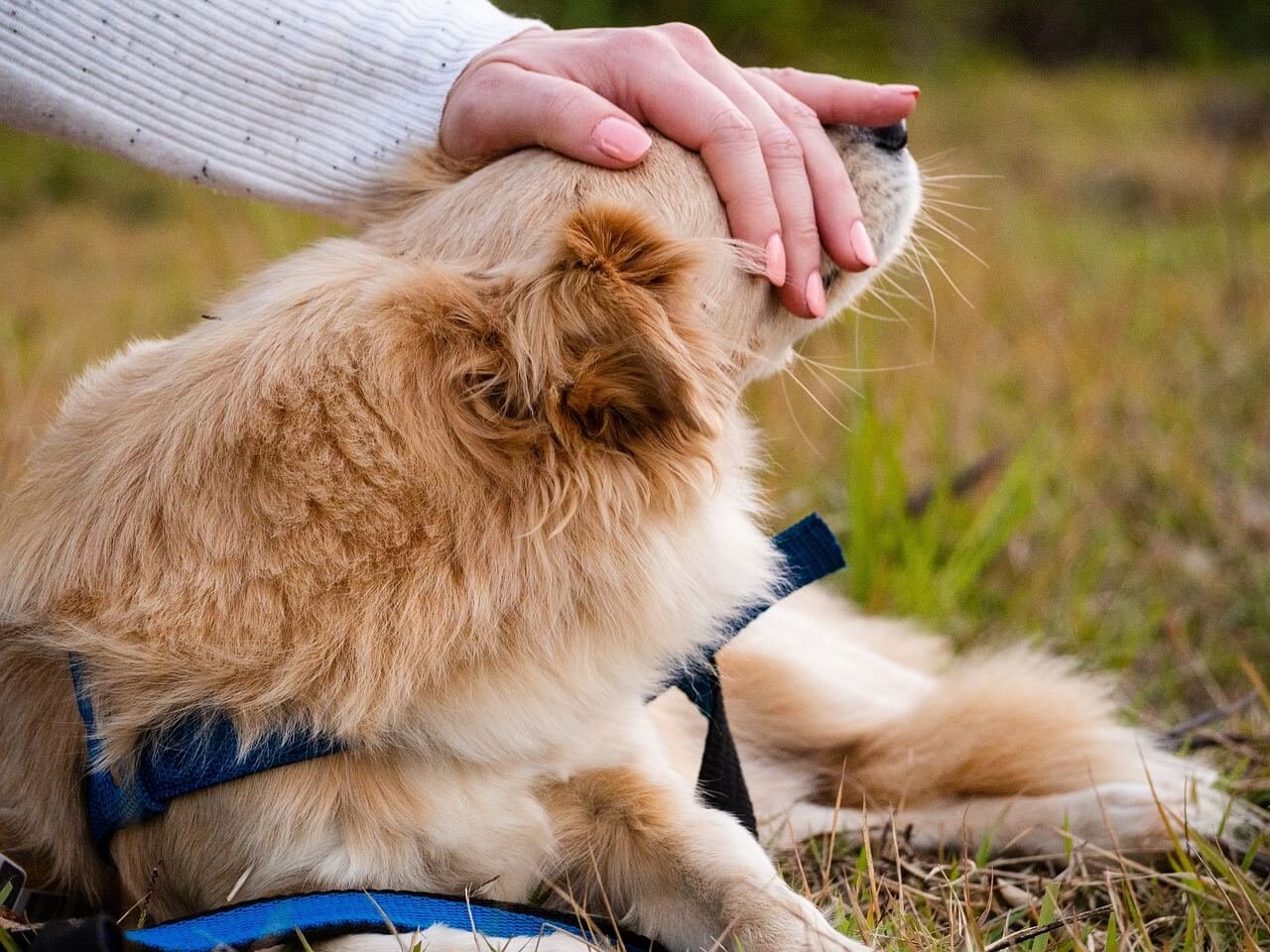Can I Give My Dog Vaccines at Home? A Guide for Responsible Pet Owners
As a loving dog owner, you want to ensure your furry friend stays healthy and protected from preventable diseases. Vaccinations are an essential part of your dog’s healthcare routine, but the idea of administering vaccines at home might cross your mind. Can you give your dog vaccines at home, and more importantly, should you? While it may seem convenient or cost-effective, there are several factors to consider before taking this step.
In this blog post, we’ll explore the pros and cons of vaccinating your dog at home, discuss safety concerns, and provide expert advice to help you make an informed decision. Whether you’re a seasoned pet parent or new to dog ownership, understanding the ins and outs of canine vaccinations is crucial for keeping your pup healthy and happy.
Key Considerations Before Vaccinating Your Dog at Home
Before deciding to administer vaccines at home, it’s important to weigh the potential risks and benefits. Vaccination is a medical procedure, and doing it incorrectly can have serious consequences for your dog’s health. Here are some key considerations to keep in mind:
The importance of proper storage conditions for vaccines to maintain their effectiveness
Understanding the legal requirements for vaccinations in your area
Assessing whether you have the necessary skills to safely administer a vaccine
Recognizing the risk of adverse reactions and knowing how to respond
Ensuring your dog receives all required vaccines on schedule without missing any
Administering vaccines at home requires careful planning and knowledge. If you’re unsure about any aspect of the process, consulting a veterinarian is always the safest option.
Pros and Cons of At-Home Vaccinations
Giving your dog vaccines at home has its advantages and disadvantages. While it can save time and money, there are also significant risks involved. Here’s a breakdown of the pros and cons to help you decide:
Pros:
Potentially lower costs compared to veterinary visits
Convenience for owners with busy schedules
Reduced stress for dogs who dislike traveling to the vet
Cons:
Increased risk of improper administration leading to ineffective immunity
Lack of professional guidance in case of complications
Difficulty in obtaining high-quality vaccines without a prescription
At-home vaccinations can be tempting, but they come with responsibilities that shouldn’t be taken lightly. Always prioritize your dog’s safety over convenience.
Check this guide 👉Understanding the DAPP Dog Vaccine: Best 7 Expert Tips!
Check this guide 👉Understanding a Lump on Dog After Vaccine: Best 7 Tips!
Check this guide 👉Understanding Delayed Vaccine Reactions in Dogs: Best 7 Tips

When to Vaccinate at Home | When to Visit the Vet |
|---|---|
You’re experienced with animal care | Your dog has underlying health issues |
You live in a remote area far from clinics | It’s your dog’s first round of vaccines |
You’ve consulted a vet beforehand | You need a rabies vaccine (often legally required to be administered by a vet) |
You’re confident in handling emergencies | Your dog experiences adverse reactions to vaccines |
You have access to reliable vaccine supplies | You want a comprehensive health check alongside vaccination |
Steps to Safely Administer Vaccines at Home
If you decide to proceed with at-home vaccinations, following the correct steps is critical to ensuring your dog’s safety. Even if you feel confident, preparation is key. Here’s a step-by-step guide:
Purchase high-quality vaccines from a reputable source
Read the instructions thoroughly before beginning
Prepare a clean, quiet space to minimize stress for your dog
Use sterile needles and dispose of them properly after use
Monitor your dog closely for any signs of adverse reactions
While these steps can help you administer vaccines safely, remember that mistakes can happen. Having a plan in place for emergencies is essential.
Common Mistakes to Avoid When Vaccinating at Home
Even well-meaning pet owners can make errors when vaccinating their dogs at home. These mistakes can compromise your dog’s health and the effectiveness of the vaccine. Here’s what to avoid:
Failing to store vaccines at the correct temperature
Skipping pre-vaccination health checks to ensure your dog is fit for vaccination
Administering vaccines too close together or out of sequence
Ignoring signs of allergic reactions such as swelling or difficulty breathing
Attempting to vaccinate puppies too young for certain shots
Avoiding these common pitfalls will help ensure the process goes smoothly and your dog remains protected. When in doubt, don’t hesitate to seek professional advice.
Signs Your Dog May Need a Vet After Vaccination
While at-home vaccinations can be convenient, it’s crucial to monitor your dog for any unusual symptoms afterward. Some reactions may require immediate veterinary attention. Here are signs that indicate your dog needs professional care:
Persistent vomiting or diarrhea after vaccination
Swelling or redness at the injection site that worsens over time
Lethargy or extreme weakness lasting more than 24 hours
Difficulty breathing or signs of an allergic reaction like hives
Loss of appetite or refusal to drink water
If you notice any of these symptoms, it’s best to contact your vet immediately. Early intervention can prevent complications and ensure your dog recovers safely.
Alternatives to At-Home Vaccinations
If you’re unsure about giving vaccines at home, there are alternative options that balance convenience and safety. These alternatives can help you avoid the risks associated with DIY vaccinations while still managing costs effectively. Consider the following:
Participating in low-cost vaccination clinics offered by local shelters
Scheduling routine wellness visits with bundled vaccination packages
Using telemedicine consultations to discuss vaccine plans with your vet
Partnering with mobile vet services that come to your home
Joining community pet health programs for discounted care
Exploring these alternatives ensures your dog receives professional care without breaking the bank. It’s always better to prioritize safety when it comes to your pet’s health.
Tips for Staying Organized with Vaccination Schedules
Keeping track of your dog’s vaccination schedule is essential for their long-term health. Whether you vaccinate at home or rely on a vet, staying organized can prevent missed doses and ensure timely boosters. Here are some tips to help you stay on top of your dog’s vaccine schedule:
Use a digital calendar or app to set reminders for upcoming vaccines
Keep a written record of all vaccines administered, including dates and brands
Mark important milestones like annual boosters or puppy shots
Schedule vet appointments well in advance to avoid last-minute stress
Review your dog’s vaccination history before traveling or boarding
Staying organized not only protects your dog’s health but also gives you peace of mind. A little planning can go a long way in maintaining your pup’s immunity and happiness.
FAQ
Is it legal to vaccinate my dog at home?
Laws vary by location, but some vaccines, like rabies, must be administered by a licensed veterinarian. Check local regulations before proceeding.
Can I buy dog vaccines without a prescription?
Some vaccines are available over-the-counter, but others require a prescription. Always verify the legitimacy of the supplier.
What should I do if my dog has a reaction to a vaccine?
Contact your veterinarian immediately. Keep an eye on symptoms like vomiting, lethargy, or swelling.
How often does my dog need vaccinations?
Core vaccines typically require boosters every 1-3 years, depending on the type. Non-core vaccines may have different schedules.
Are at-home vaccines as effective as those given by a vet?
If administered correctly, they can be just as effective. However, improper handling or technique can reduce efficacy.
Final Thoughts: Prioritizing Your Dog’s Health and Safety
Vaccinating your dog is one of the most important things you can do to protect their health, but it’s not a decision to take lightly. While giving vaccines at home may seem like a practical solution, it comes with risks that shouldn’t be overlooked. From understanding legal requirements to recognizing the signs of adverse reactions, being well-informed is the best way to ensure your dog’s well-being. If you’re ever unsure, don’t hesitate to consult your veterinarian—they’re there to help you make the best choices for your furry companion. Remember, your dog’s health is worth the extra effort, and sometimes, professional care is the safest route to take.
Keeping Your Dog Safe This Summer: Best 7 Expert Tips! – Learn how to protect your pup from heatstroke, dehydration, and more this summer. Stay safe!
When Was Cat Food Invented? Best 7 Expert Tips! – Discover the history, key milestones, and evolution of cat food from scraps to scientifically balanced diets.
When Was Dog Food Invented? Best 7 Expert Tips! – Discover the origins, evolution, and milestones of dog food, and how it transformed pet nutrition over time.
Kintamani Dutch Shepherd Mix: Best 7 Expert Tips! – Discover the perfect blend of loyalty, agility, and charm with this unique hybrid. Learn expert care tips now!





